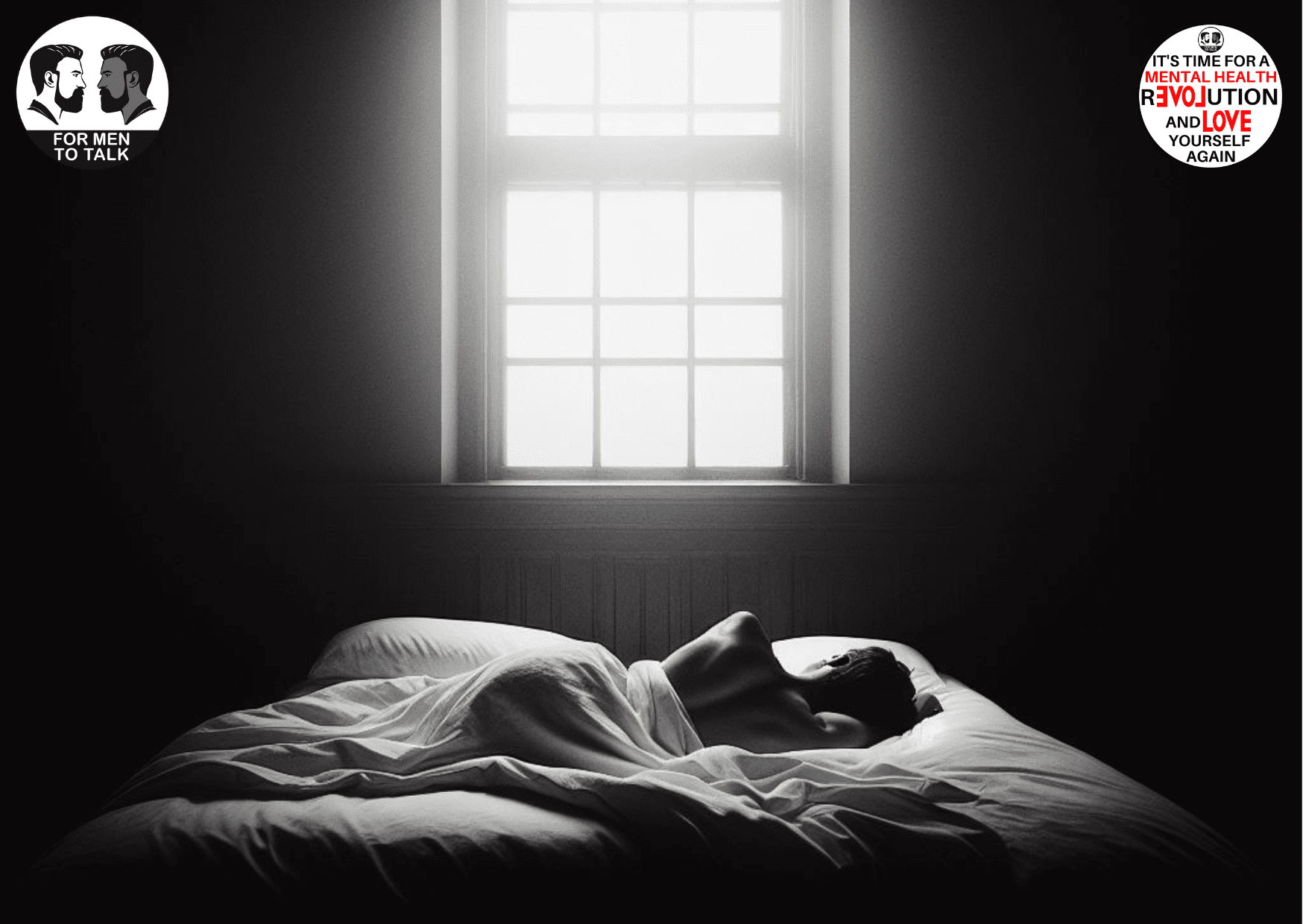The power of rest: Celebrating world sleep day and its impact on men’s mental health

In our fast-paced, modern world, where the hustle and bustle never seem to cease, the importance of a good night’s sleep often takes a backseat. However, on World Sleep Day, it’s crucial to shed light on the profound impact quality sleep can have on mental health, particularly for men. Sleep is not merely a time of rest; it’s a vital component of overall well-being, affecting cognitive function, emotional resilience, and, significantly, mental health.
The Sleep-Mental Health Connection
Men, like women, face challenges in their daily lives – professional responsibilities, societal expectations, and personal relationships. The ability to cope with these challenges and maintain mental well-being is closely tied to the quality of sleep they receive each night. Sleep plays a pivotal role in regulating mood, stress levels and cognitive function, all of which are integral to mental health.
Stress Reduction
One of the primary benefits of a good night’s sleep is its ability to reduce stress. For men, who often shoulder the weight of family and professional responsibilities, stress can accumulate rapidly. Sleep provides a natural avenue for the brain to process and consolidate information, facilitating stress reduction. When sleep is compromised, the brain struggles to manage stress, leading to increased irritability, anxiety, and a diminished capacity to cope with challenges.
Cognitive Function and Productivity
Quality sleep is synonymous with enhanced cognitive function. Men engaged in mentally demanding tasks, whether at work or in personal pursuits, rely on optimal brain function. Sleep serves as a crucial period for memory consolidation, problem-solving, and creativity. A well-rested mind is not only more productive but also more adaptable to changing circumstances. Sleep deprivation, on the other hand, impairs cognitive abilities, hindering decision-making and problem-solving skills.
Emotional Resilience
The relationship between sleep and emotional well-being is profound. Adequate sleep supports emotional resilience, helping men navigate the complexities of their feelings and relationships. It is during the REM (rapid eye movement) stage of sleep that emotional experiences are processed and stored, contributing to a balanced emotional state. When sleep is disrupted, emotional regulation becomes challenging, leading to mood swings, heightened sensitivity, and an increased risk of mental health issues such as depression.
Hormonal Balance
Sleep plays a crucial role in regulating hormone levels, particularly those associated with stress and mood. Men who consistently experience poor sleep may find themselves grappling with imbalances in cortisol, the stress hormone, and serotonin, the mood-regulating neurotransmitter. These hormonal imbalances can contribute to feelings of fatigue, irritability, and an increased susceptibility to mental health disorders.
Practical Tips for Improving Sleep
- Consistent Sleep Schedule: Establish a regular sleep routine by going to bed and waking up at the same time every day, even on weekends.
- Create a Relaxing Bedtime Ritual: Engage in calming activities before bedtime, such as reading, gentle stretching, or practicing mindfulness meditation.
- Optimise Sleep Environment: Ensure your bedroom is conducive to sleep by keeping it cool, dark, and quiet. Invest in a comfortable mattress and pillows.
- Limit Stimulants: Reduce caffeine and nicotine intake, especially in the hours leading up to bedtime. These substances can interfere with the quality of sleep.
- Limit Screen Time: Minimise exposure to electronic devices before bedtime, as the blue light emitted can disrupt the production of the sleep-inducing hormone melatonin.